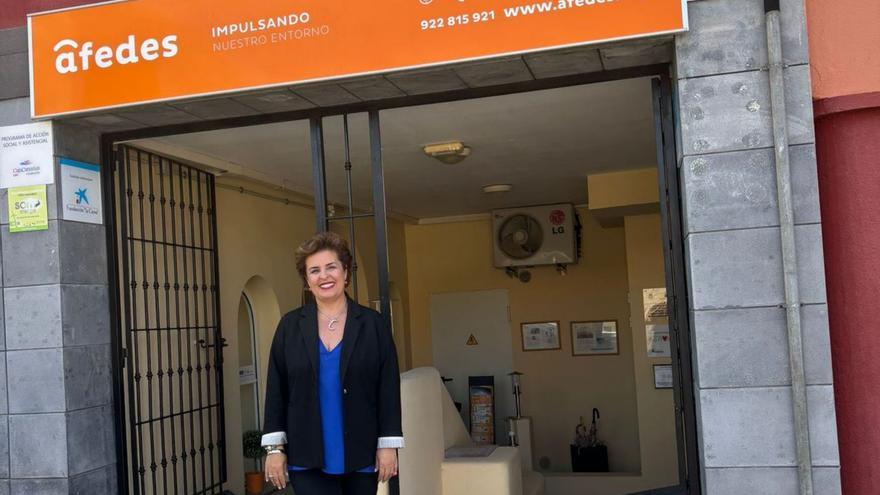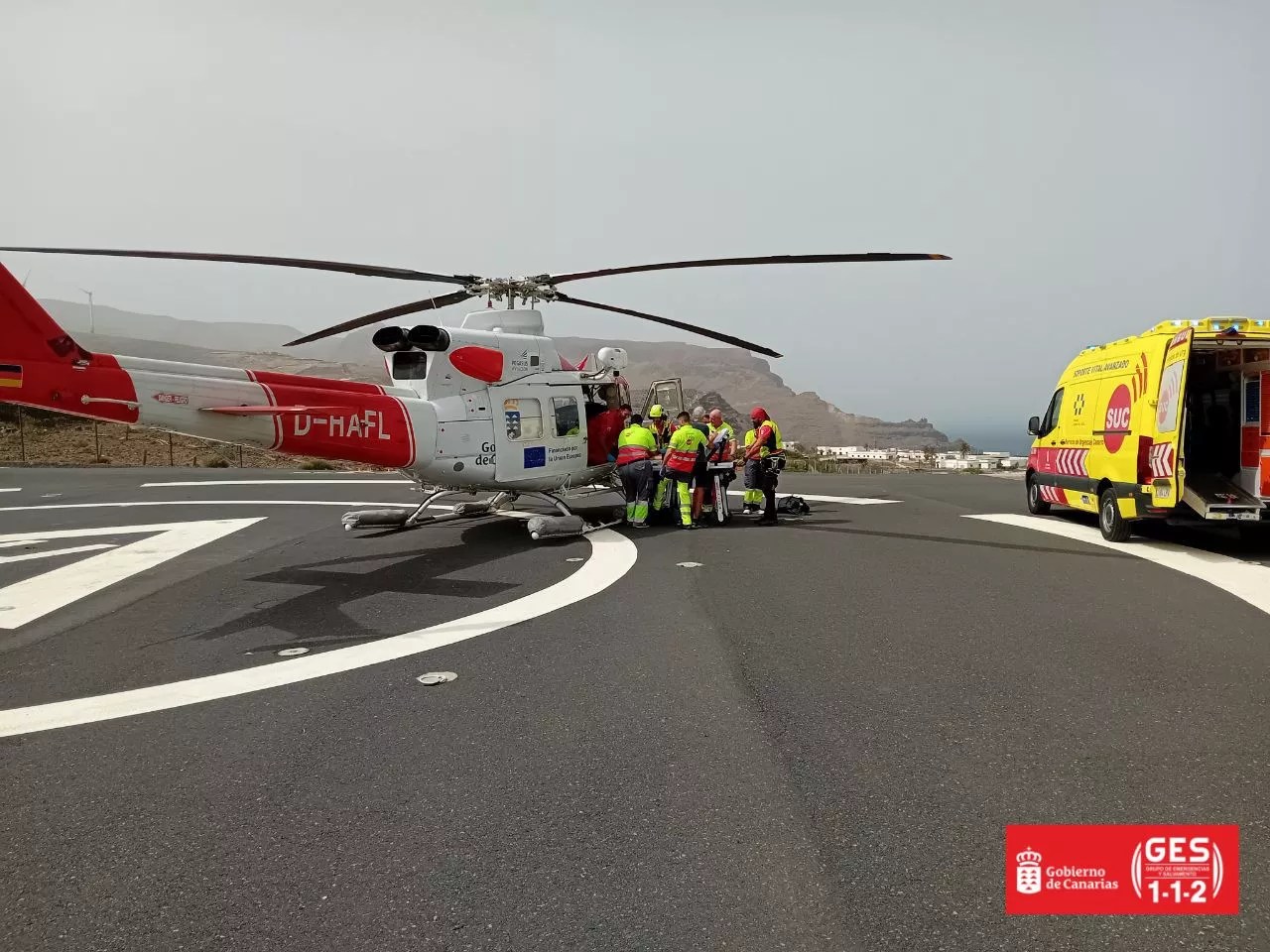
When discussing administrative decentralisation to ease the severe mobility challenges faced in the north of Tenerife, notable successful initiatives come to mind. One such example is the **Association for the Promotion of Training, Employment and Development** (Shaws), an organisation that, from the heart of **Tenerife**, has extended its influence throughout the island, even transcending its borders. It is both convenient and pleasant to go against the tide and visit its headquarters, which, after 26 years of operation, has remained unchanged in Icod de los Vinos. In 1999, five entrepreneurial women embarked on a journey to establish the first resource management entity in Tenerife, dedicated to helping individuals develop skills for easier job insertion.
In an office with minimal distractions, the president and founder, **Catalina de Lorenzo-Cáceres**, reflects passionately on their beginnings, offering free services. “The day we opened our doors was exhilarating because the word had spread that there were people here who knew how to process grants, provide training, and manage job listings. This generated such anticipation that we had queues to get in. We started in a modest office with several computers where job seekers came to learn about available positions and to submit their CVs.”
Since then, their activities have continued unabated, albeit with challenges. “One of the main obstacles was raising awareness among the various municipalities about the necessity to collaborate for more straightforward access to resources for regional projects, similar to what was achieved in the south, where joint initiatives were developed for the ten municipalities. In the north, this spirit of unity faced frustration due to political rivalries among some municipalities,” Catalina acknowledges.
The initiative was born from the need to fill a gap in servicing the northern population, and there has never been a desire to relocate from this area, even though the structure is adaptable for other training and employment entities to provide their services and address existing needs. “In the capital, there are more resources and better infrastructure, but here, in this lively part of the island, there aren’t,” Catalina emphasises.
Over time, what began as a small office with five women has evolved into a substantial organisation with over 30 professionals, not counting the dedicated volunteers offering a diverse range of services. By the end of 2024, the association will celebrate 25 years, having successfully assisted over 24,400 individuals, achieved more than 5,800 job placements, completed 355 projects, and provided 45,508 training spots, alongside numerous other services for around 278 members.
Among the services offered by this association are training across various modalities—be it online or in-person, complemented by internships in professional settings or certification programmes—support in job searching, coaching for interviews, or guidance in CV preparation. Afedes also caters to partner companies through initiatives like dynamic campaigns, a purchasing club, advice on grants, and entrepreneur support for business creation, including mentoring services, among others.
An Island with Diverse Speeds
Data indicates that the island progresses at differing rates. While the unemployment rate in the Canary Islands hovers around 12%, it stands at 18% in Icod, in stark contrast to the 9% in the south. According to Catalina, “these figures clearly illustrate that standardised measures cannot be implemented across the island without causing significant harm, forcing our community and young people to relocate south or to the metropolitan area due to a lack of opportunities here.” “We would lose the island’s primary charm, which lies in our north—its landscape and the unique character of our people,” she adds.
Nayra Leal is one of the trainers helping students develop the necessary skills to secure employment. For her, “job hunting is a job in itself, and one of the most challenging tasks, so what we seek from those who approach our offices is primarily a desire to train, as this is the best tool to achieve the goal of landing a job.”
In this context, one of the most esteemed initiatives supporting entrepreneurship and innovation is the implementation of virtual reality to enhance leadership and communication skills, providing an immersive, interactive, and personalised learning experience, as highlighted by the head of this initiative, José Cruz.
Guissepe, an Italian residing in Tenerife, visited the Aphedes offices to express gratitude for the assistance he received during a difficult period in his life, as it helped him overcome challenges and secure a job after completing a training programme for warehouse personnel. Another participant, Olga Padilla, has collaborated with David for four years at the association’s Food Bank. For her, this volunteer work is vital, particularly after dedicating many years in Venezuela to social work.
The Greatest Satisfaction
From all these years, Catalina cherishes “the transformative cases realised each time a person seeks assistance in any area we cover.” “The trust placed in us is the greatest satisfaction, and achieving over 6,000 placements is a remarkable success, despite not forgetting those who may not reach their goals, although experience shows that success is attainable.”
The Afedes President possesses unwavering faith in human potential. Her role extends beyond creating programmes and providing resources; it involves instilling confidence in those who need it most, listening to their stories, and tirelessly advocating for a world where training, employment, and social inclusion are universal rights.
Through the years, her work has stood as a testament to perseverance, focusing on empowering individuals to become self-sufficient rather than simply providing immediate solutions. More than two decades later, this association in Icod de los Vinos has become a beacon of hope and change in Tenerife.
















